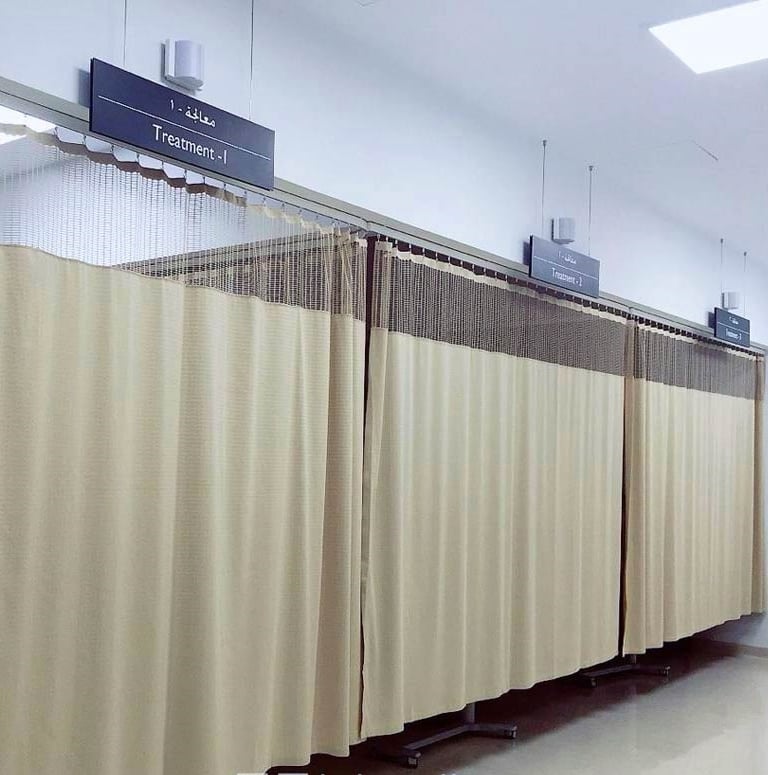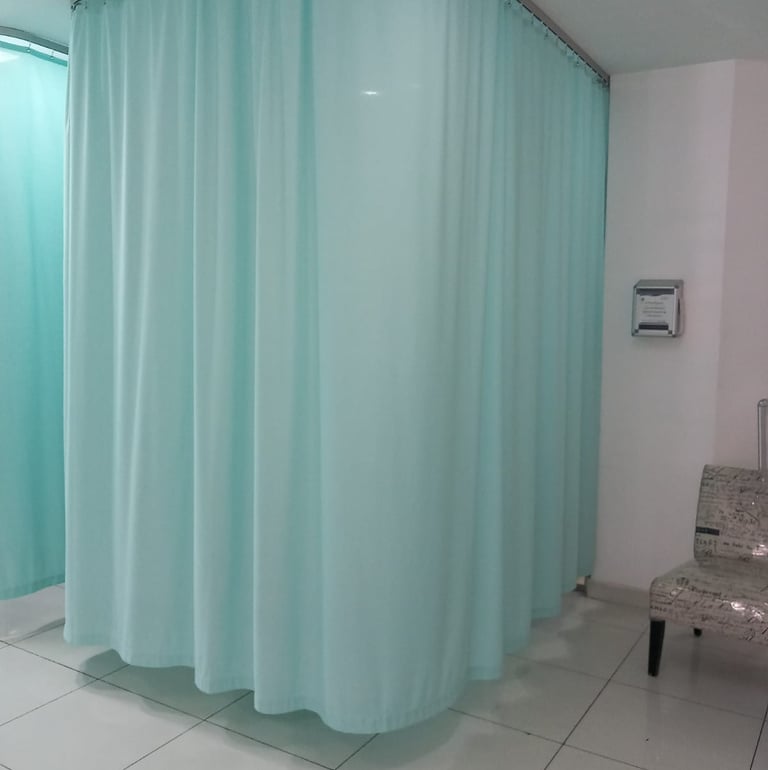Privacy Curtains Importance.
Importance and requirement of Hospital Privacy Curtains.
The Importance and Requirements of Hospital Privacy Curtains
In healthcare environments, maintaining patient dignity, ensuring privacy, and controlling infection are of paramount importance. Hospital privacy curtains play a crucial role in achieving these objectives. These curtains are more than just a means of separating spaces; they are integral to patient care and the overall functionality of medical facilities. Let's explore the significance and essential requirements of hospital privacy curtains.
How to bring our workspaces into the 21st century
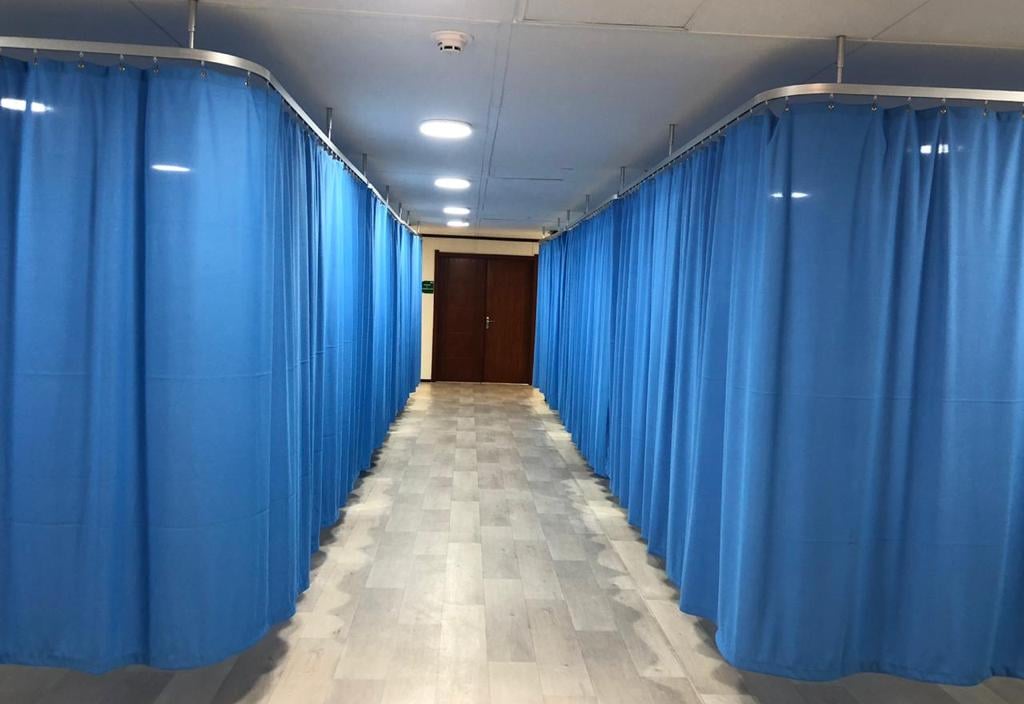

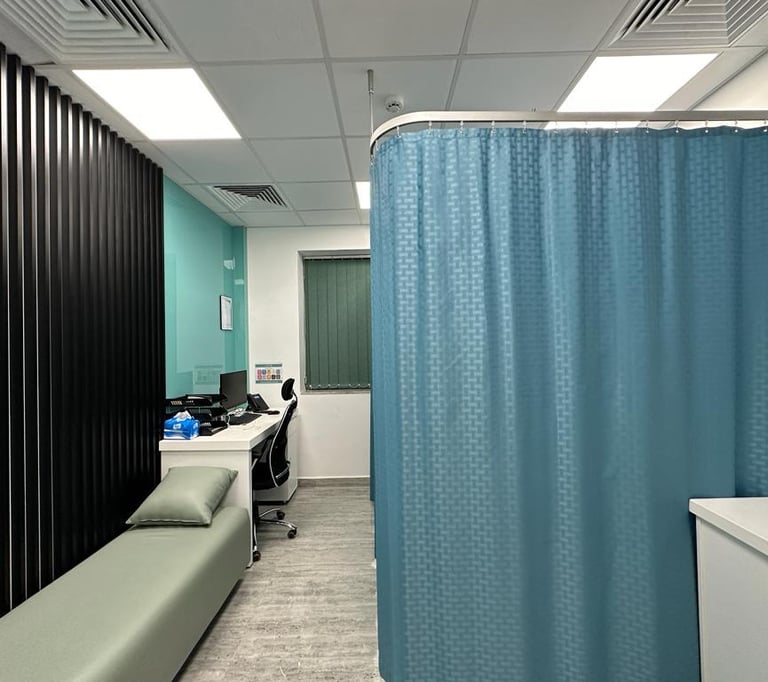

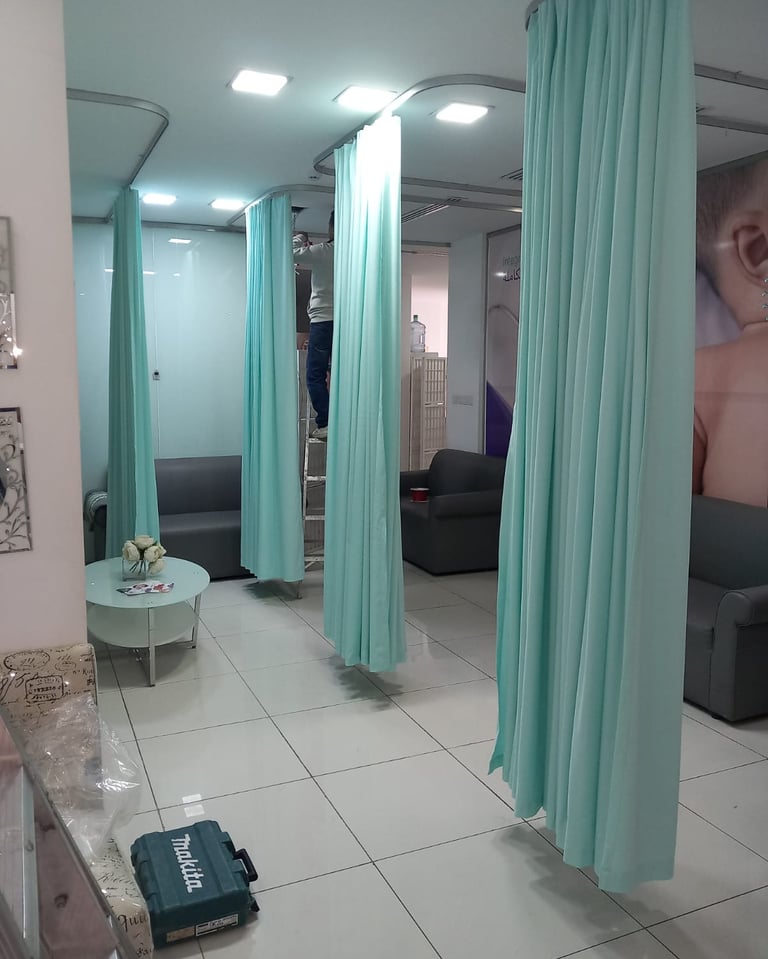

Requirements of Hospital Privacy Curtains
1. Hygienic Materials
Hospital privacy curtains must be made from materials that are easy to clean and maintain. Antimicrobial properties are highly desirable to prevent the growth of pathogens. Curtains should be designed to withstand regular cleaning and disinfection processes without degrading in quality.
2. Fire Retardant
Safety is a top priority in healthcare settings. Hospital privacy curtains should be made from fire-retardant materials that comply with relevant fire safety standards and regulations. This ensures that the curtains do not contribute to the spread of fire in case of an emergency.
3. Durability
Given the high-traffic nature of hospitals, privacy curtains must be durable and resistant to wear and tear. They should be able to withstand frequent use, including being drawn and retracted multiple times a day, without showing signs of damage or wear.
4. Ease of Installation and Replacement
Privacy curtains should be designed for easy installation and replacement. This is especially important for disposable curtains, which need to be changed regularly to maintain hygiene standards. Simple and efficient attachment mechanisms help in minimizing downtime and disruptions to patient care.
5. Visual Appeal and Comfort
While functionality is critical, the aesthetic aspect of privacy curtains should not be overlooked. Curtains that come in calming colors and designs can contribute to a more pleasant and comforting environment for patients. Additionally, they should provide complete opacity to ensure maximum privacy.
6. Compliance with Regulations
Hospital privacy curtains must comply with all relevant health, safety, and building regulations. This includes standards related to hygiene, fire safety, and material quality. Compliance ensures that the curtains meet the necessary requirements for safe and effective use in healthcare settings.

